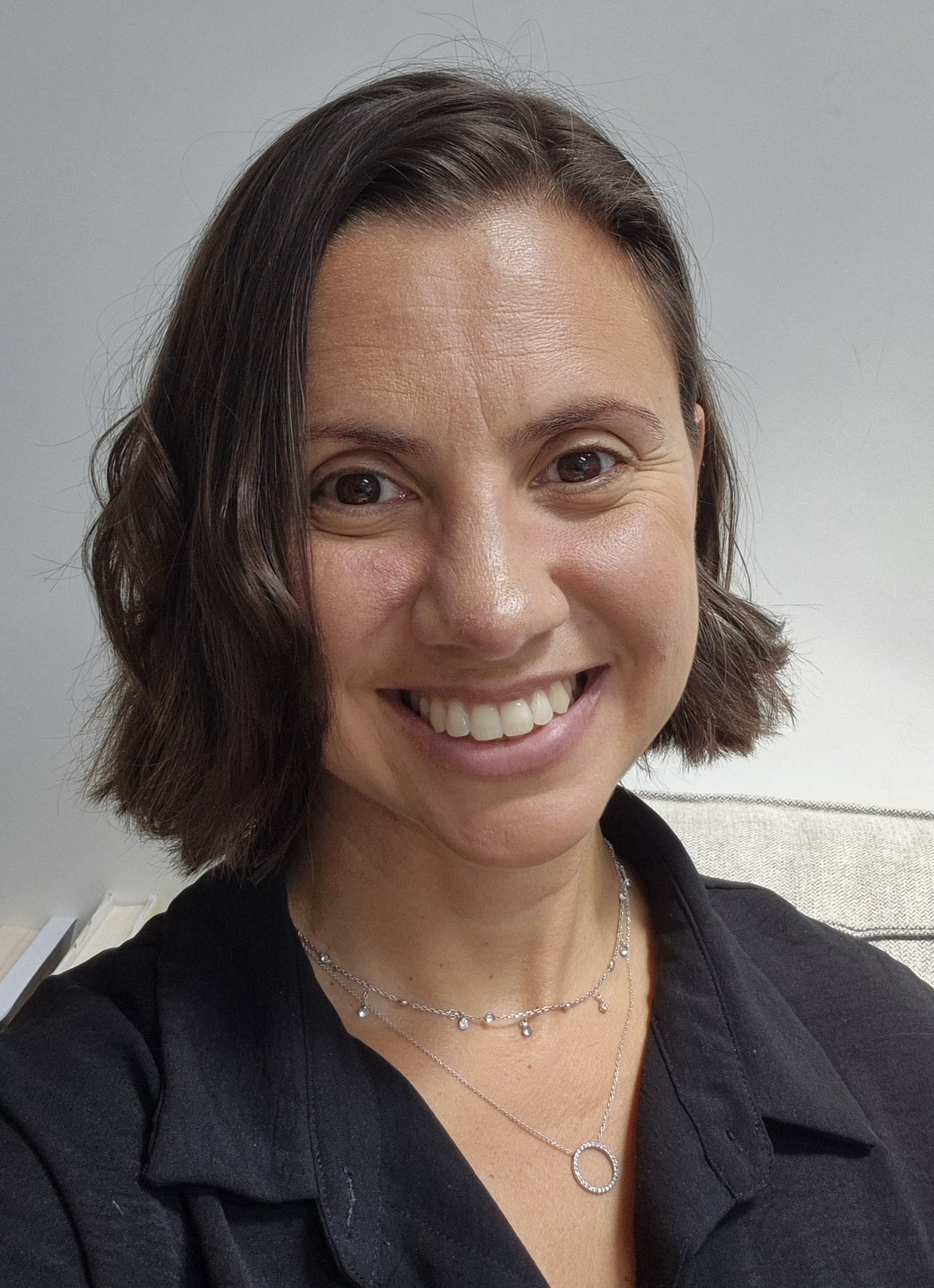Welcome to
Unita Therapy
Counselling & Psychotherapy in Reading
Finding the right therapist can feel daunting and may add to your stress, especially if you're seeking help for the first time. Here, you'll find information about my practice to help you take that important first step...
I'm Kelly, a qualified therapist based in the Reading area. I offer a compassionate and supportive space where you can reflect on your concerns and explore the changes you'd like to make. My approach is calm and welcoming, and I bring my human side and sense of humour into sessions when appropriate. Above all, it's my priority that you feel comfortable before we begin working together. I use a blend of Humanistic and Psychodynamic therapy to help you explore both your present and past experiences
For further information, please click here.
Connections
I’m committed to building meaningful connections with my clients and help them build a strong support network.
Building trust
I work in a relational way, built on collaboration, trust, and mutual respect.
My experience
Since 2010, I've worked in Mental Health and Wellbeing Services in various supporting roles within the NHS and charity sector.
Together, we can...
- Identify the key areas you'd like to work on so we can focus on what is most relevant and important to you.
- Gently explore past experiences and their impacts on your present life.
- Explore the impact of grief, loss, and significant life changes.
- Address intense feelings of not being good enough and the fear of failure with self-kindness and understanding
- Work through difficulties in relationships by improving communication skills and encouraging healthier connections with others.
- Develop effective coping strategies to manage overwhelming emotions.
Counselling offers you an opportunity to regain control and move towards a happier and balanced life
People come to me for help with a wide range of issues; here are just a few, though this list is not exhaustive.
Anxiety
Abuse
Bereavement
Child related issues
Depression
Health related issues
Loss
Menopause
Neurodiversity
Relationships
Self esteem
Self Harm & Suicidal Ideation
Stress
Work related issues
Complimentary call
Feel free to call me and discuss how I can help
Session
50 minute sessions held in Reading Town Centre or online. For information about my location, please click here.
Availability & fees
I have a variety of slots available throughout the week including evenings.
Sessions are from £60.00.
My location
In person sessions are held in Reading town centre at The Practice Rooms. It is a welcoming and comfortable room, with nearby parking and close to public transport links.
Accessibility: Although there are ground floor therapy rooms, there is a small step into the centre and we do not have a toilet situated on the ground floor.
Where to park: The Practice Rooms Reading is in the heart of the town centre and is easily accessible. You can reach us within a 10-minute walk from Reading train station or any town centre bus stop.
Payable on-street parking is available on Castle Street.
The following public car parks are all within a 10-minute walk.
Get in touch
Feel free to contact me if you have any questions about how counselling works, or to arrange an appointment. This enables us to discuss the reasons you are thinking of coming to counselling, whether it could be helpful for you and whether I am the right therapist to help.
You can also call me on 07459962809 if you would prefer to leave a message or speak to me first.
All enquires are usually answered within 24 hours, and all contact is strictly confidential.
Frequently asked questions
Counselling and psychotherapy are umbrella terms that cover a range of talking therapies. Counsellors and psychotherapists are trained professionals who will work with you over a period of time to help you develop a better understanding of yourself and of others.
Therapists are impartial. They will listen to you without judgement and work with your emotions. They won’t tell you what to do but will help you find your own solutions – whether for making effective changes or for learning how to cope.
There are several different types of therapy and therapist. It’s important to find a therapist and a way of working you’re comfortable with so you can feel at ease discussing personal and emotional issues
Everything that is said within the counselling room is private - this is one of the main ways counselling and therapy differ from talking to a friend or relative. Once you are comfortable with the format of weekly sessions and the safe space they provide, you will find the freedom to speak in confidence is of great value.
Note that there are some situations where you may be a risk to yourself or others, and where the law requires that I notify an authority; in these cases I may not be able to keep total confidentiality. Breaking confidentiality is very rare though, and only happens after the person concerned has been informed.
Usually I am asked this question by people who are nervous about entering into counselling, or when they are looking for support in coming to see a therapist. This anxiety is understandable, but a key aspect of therapy is that you should feel free to talk about any issues you feel are important to you. Having someone else with you who can be connected those issues makes this opening-up more difficult, so for this reason I do not see clients accompanied by friends or family.
How long a period of counselling lasts will vary from person to person and depend on the depth of the issues they are facing. For some people a couple of sessions helps to bring their problems into focus, and they feel ready to move forward; other problems may require more of an open-ended approach.
Before we begin any work we will agree on the number of sessions we’ll undertake, and at the end of that number review our progress. As long as we both agree further therapy will be of benefit to you, sessions can continue.
©Unita Therapy
powered by WebHealer

